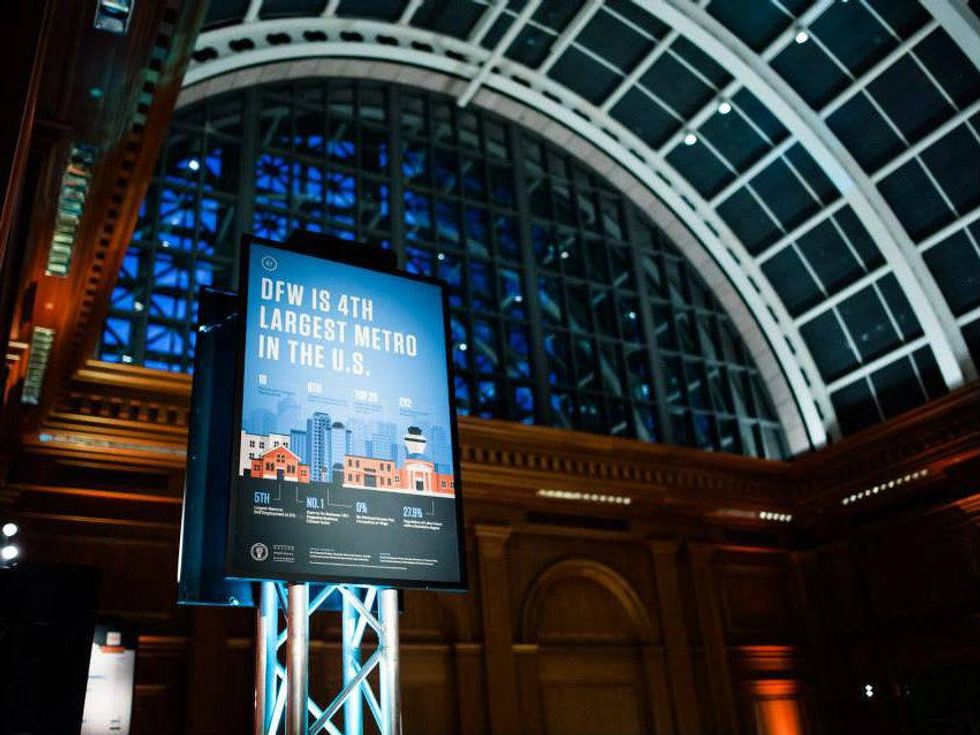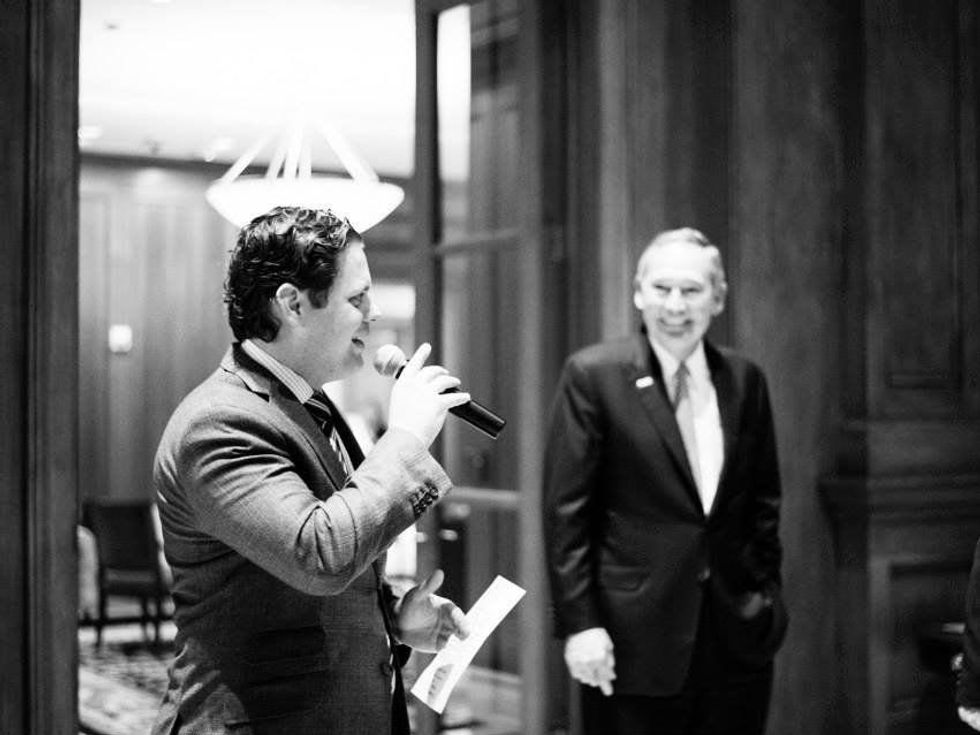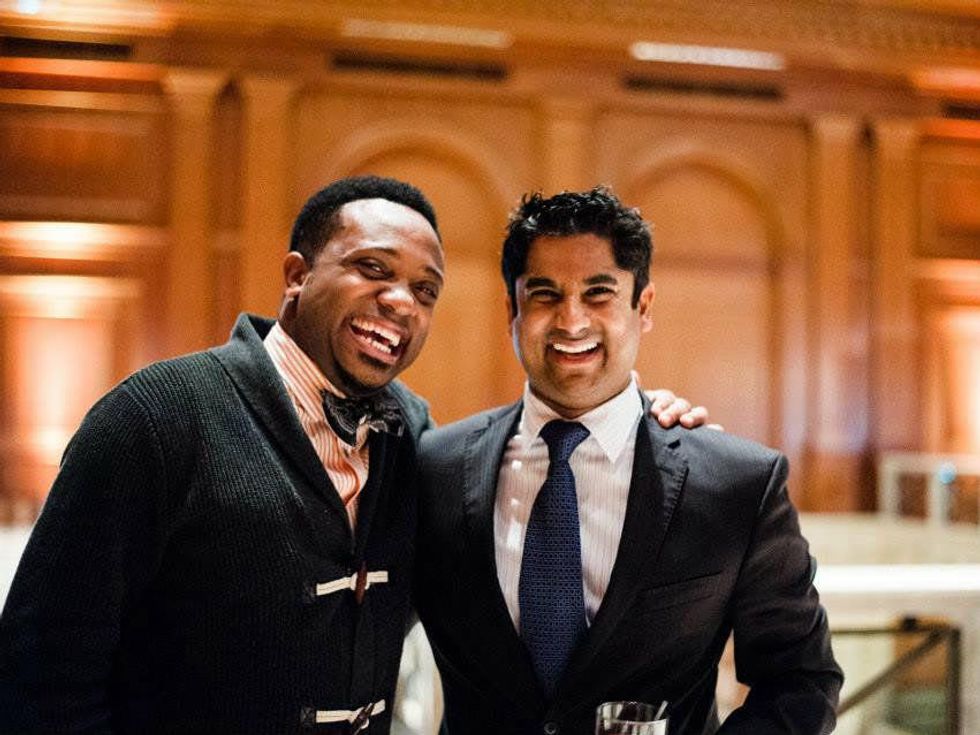Innovation City
Dallas Entrepreneurship Center lands exclusive deal with business power player
Six months after opening up shop, the Dallas Entrepreneur Center has a major national partnership under its belt. In a first-of-its-kind deal, the DEC is partnering with the U.S. Patent and Trade Office to connect inventors directly with patent officers.
Trey Bowles, Jeremy Vickers and Jennifer Conley founded the center, which connects start-up companies to mentors and other resources. They have been working hard to put Dallas on the map as an entrepreneurial hub.
For its part, the City of Dallas has pledged a $200,000 grant to the DEC, a sign to Bowles that the city understands the importance of small businesses.
“Collaboration is the new competition,” says DEC co-founder Trey Bowles. “It’s not about a bunch of fiefdoms fighting one another; it’s about one community.”
“The city is showing that it wants to invest in the entrepreneur community,” Bowles says. “They are showing that it’s important to grow from the inside while also going after large companies elsewhere.”
The partnership with the U.S. Patent and Trade Office will allow area start-ups to meet patent officers face-to-face with tailored programs designed to help business owners understand intellectual property protection. It’s the first program of its kind in the nation.
To promote the power of entrepreneurship in Dallas, DEC founders created a new infographic that shows off Dallas’ burgeoning start-up sector. The infographic highlights some of the reasons that Dallas is so attractive for starting a business; for example, Dallas has the sixth-largest concentration of high-tech workers in the United States, and it is the fifth-largest metro in self-employment.
The goal is to make Dallas as synonymous with start-ups as Palo Alto, Seattle or Boulder.
“We want to be part of making Dallas a destination for start-ups,” Bowles says. “There’s a ‘can do’ entrepreneurial spirit here, but it is suffering from a bit of a branding problem, which is also true of Dallas as a whole.”
Mayor Mike Rawlings said in a statement that the city is pursuing an “Entrepreneurial Village” concept to help pool resources across the region.
In the spirit of collaboration, the DEC is releasing all of its accelerator and incubator programming to open source on GitHub, with plans to put it on other open source platforms in the future.
“We’ve had some other cities in North Texas that have come to us to create something like the DEC in their cities,” Bowles says. “As much as our entrepreneurial spirit wants to expand, we know that we have to expand responsibly.
“By putting the information online for free, we’re hopeful that it will allow them to use it and find their own people for each city.”
Since its opening in June 2013, the DEC has accepted 35 start-ups into its space, including tech-based accelerator Venture Spur.
Bowles says that the DEC is designed to be a hub for start-ups but not the hub. The infographic shows the more than 30 North Texas co-working spaces, incubators and accelerators that are all working to create a new national powerhouse in what Bowles describes as the “largest geographic ecosystem for start-ups in the country.”
“Collaboration is the new competition,” he says. “It’s not about a bunch of fiefdoms fighting one another; it’s about one community. If one place is in control of everything, then they will fail, and the start-up community will likely fail as well.”



